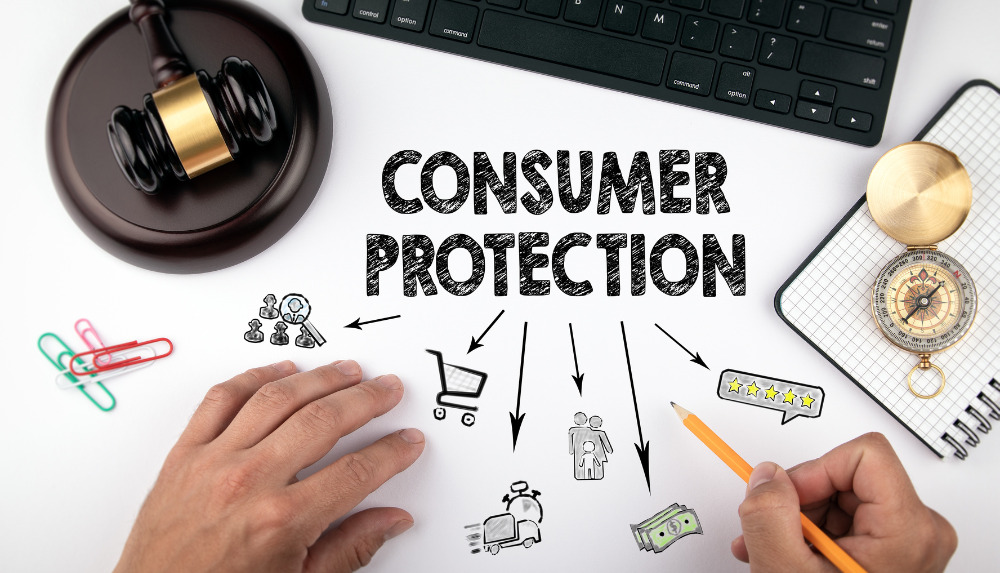Consumer protection law was implemented in 1986 which safeguards and encourages consumers to speak against insufficiency and flaws in goods and services. The Consumer Protection Act provides easy and quick compensation to consumers for grievances.
The act protects the rights of consumers against unfair trade practices when they sign a contract with a business or intention. The Consumer Protection Act 2019, expands all that which would be covered by the act, for enough, product liability, e-commerce etc. The Consumer Protection Act 1986 defines services while section 2(42) of the current act defines the same.
The exclusionary part is that part to determine those services whether hired for free or not and for personal service or not.
Banking is a transaction dealing with money and there are several banks that have been set up to provide services relating to money, in the form of cheques or loans or accepting deposits, lockers facility, investment, etc. The bank shall have a creditor-debtor relationship where the bank gives loans or lends money on overdraft facilities or vice versa.
E-commerce is a new concept that has been included in the CPA, 2019. E-commerce is buying or selling goods or utilizing services online through digital media or electronic service providers. Consent of the consumers for availing services cannot be taken automatically but has to be given by consumers explicitly. The cancellation charges imposed by e-commerce entities should be equivalent to the amount they have incurred due to the cancellation.
Construction and housing business has grown over time as the increase in population and expansion of business was seen, infrastructure and housing are required. Housing services, to come within the purview of the Consumer Protection Act, can be with respect to the quality of materials used in the construction.
Transport service includes transport by road, by rail or by flight. In different instances, all three fields are services to provide compensation to the aggrieved consumers. In the case of railways, cases like passengers have been refunded for delay of train, unauthorized entry into reserved compartments, and absence of comfortable seats as promised in the terms and conditions.
Education as a service under the Consumer Protection Act has been questionable throughout as to whether to be included within the ambit of the Act or not. There are various cases decided by consumer commissions and the courts and they have contrasting views on the inclusion of the education sector.
There are different rights provided to the consumers under this Act.
- Right to Safety: A consumer can insist on the quality of goods before buying them, they should ideally purchase certified goods.
- Right to choose: A consumer should have the right to choose the goods he desires to buy. No seller can force the consumer to buy a specific good.
- Right to be informed: The buyer of the good has the right to be informed about the goods he is buying. The seller is supposed to tell the buyer every necessary detail regarding the good, which if not known by the buyer may cause him harm.
- Right to consumer education: Consumers should be aware of their rights and exercise them when required.
- Right to be heard: Consumer has the right to be heard and get due attention to express their grievances.
- Right to seek redressal: This right says that the consumer has the right to seek help and get compensation against exploitation or if someone violated their right.





Comments